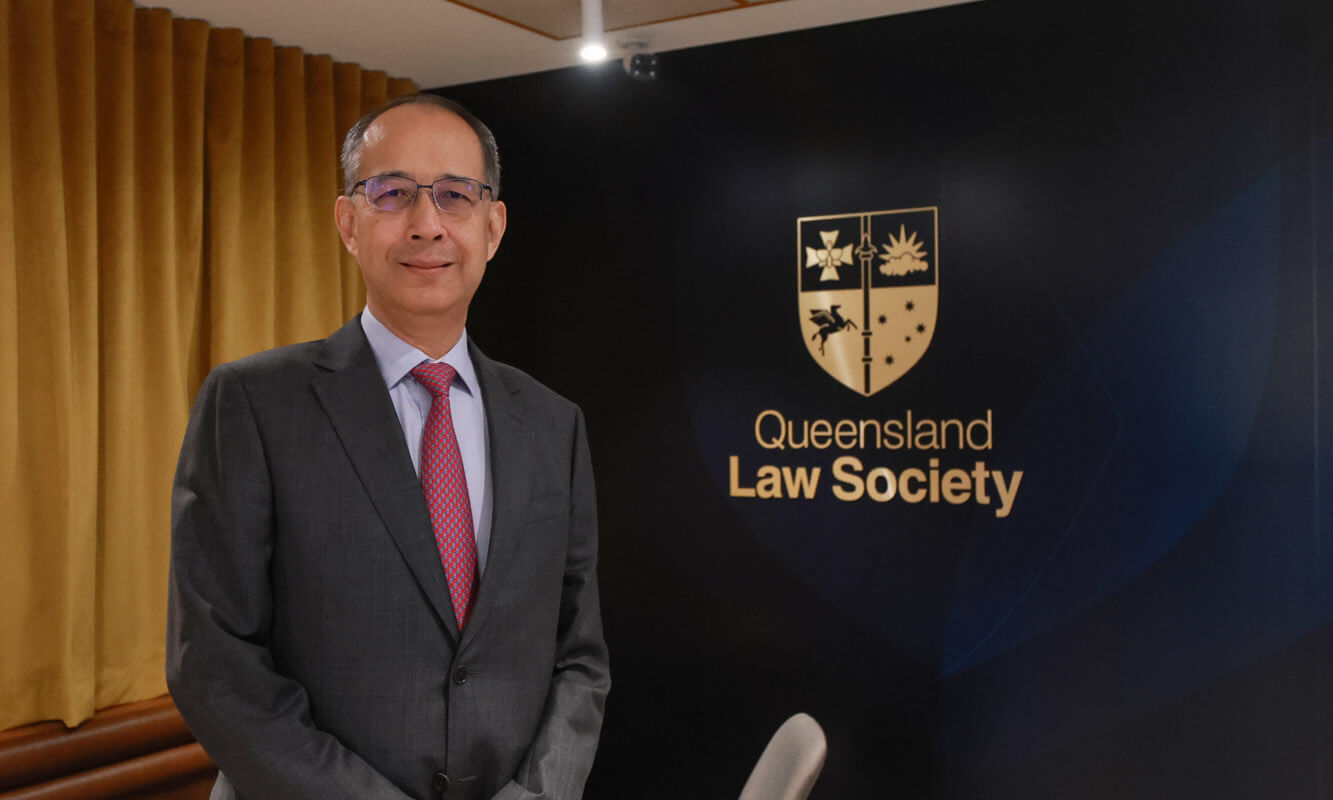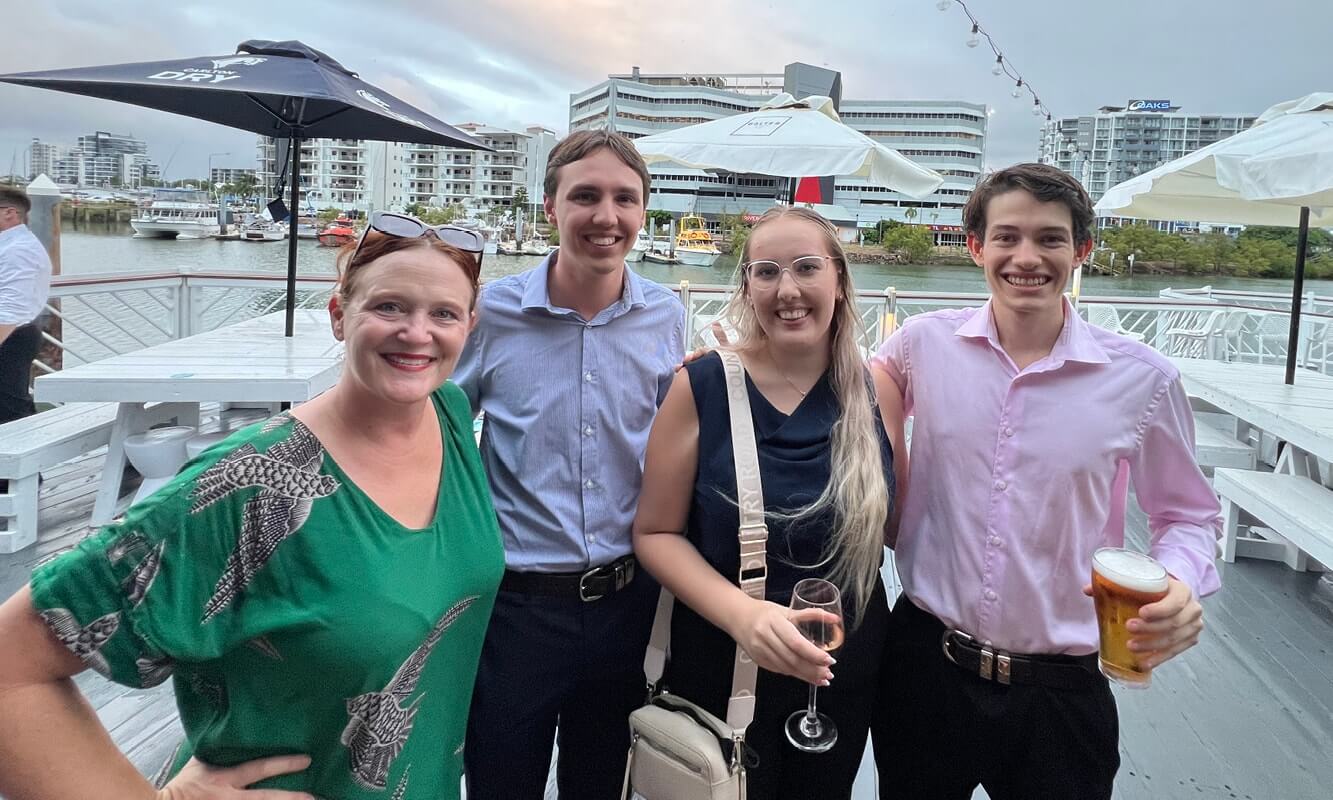A “road map” to help the legal profession tackle ongoing technological change and disruption is one of the recommendations proposed by Queensland Law Society (QLS)-commissioned research.
The Future Ready Report, Queensland Sole, Micro, Small and Medium Law Firm Capability to Meet Disruption: COVID-19, Technology and Intergenerational Change, follows an in-depth survey, industry consultation and examination of international practices.
QLS CEO Rolf Moses said the Society’s members were experiencing some of the most profound disruptions to practice the QLS had seen over the past 150 years and change would continue to impact practitioners’ ability to resource and run businesses.
“There are more changes and challenges to come that will impact the profession and the way practices are managed into the future which is why a plan is so important,” Rolf said.
“This research will help us support and prepare firms so they are future proof and successful into the future.”
The research was compiled by the University of Southern Queensland, University of Queensland and QLS Innovation Committee from December 2021 to October 2022.
One of the research leaders, Professor Caroline Hart, who has now retired, said “invaluable input” came from more than 480 practitioners, and the anonymous survey allowed for “full and frank insight”.
Professor Hart said the results showed the Queensland legal profession was amenable to change but generally lacked the time to plan and prepare for the future.
“The most outstanding theme is the profession looks to QLS for direction and guidance, especially during times of change such as during COVID,” she said. “QLS is seen as absolutely essential with access to information and the ability to provide guidance to sole, micro, small and medium (SMSM) firms.
“Time is the most precious asset a SMSM principal or employee possesses.
“The information shows technology can give time back to a lawyer if used effectively or steal time away with administration requirements.”
Singapore Law Association is one country which has identified the benefits of a road map for the profession.
A Queensland roadmap would focus on practical aspects of everyday disruption facing law practices such as e-litigation, legal operations technology, cybersecurity solutions and standards, training tech-ready lawyers, mentoring and networking strategies as well as recruitment strategies for attracting, retaining and advancing junior lawyers.
Professor Hart said while the research was originally triggered by improvements in technology in the profession before COVID-19, “in a heartbeat, COVID stepped in”.
The survey focused on three areas; impacts of technology, impacts of COVID-19, and the impacts and experiences of intergenerational change.
The research scope centred on six questions:
- What is the baseline of Queensland law firm capability to meet disruption?
- What are the barriers to managing disruption for Queensland law firms?
- What are the approaches and practices already being employed by Queensland law firms successfully navigating disruption?
- What are the approaches and practices Queensland law firms can employ to best navigate the challenges of disruption?
- What key performance indicators can QLS use to measure law firm capability in managing disruption?
- What measure or supports could be provided by QLS to assist law firms to manage disruption?
The research found that practices generally coped well during COVID–19; respondents were reasonably confident about future challenges; and most respondents were not considering a career change. About 85 per cent of law firms are using technology for word processing, practice management software and accessing free law databases. Most practices have antivirus software but not dedicated cybersecurity software.
In term of barriers to law firms, the most significant barriers are workload pressures, information overload, skills linked to pricing/estimating costs and tasks associated with operating a business. Respondents stated that technology was an enabler to navigate not just COVID–19 but also other potential barriers to practice, including distance and floods. Technology and collegiately were identified as providing the greatest assistance to navigate the challenges of COVID–19.
QLS CEO Rolf Moses said the changes brought on by COVID-19 and impact of new technologies were not over.
“We will continue to work on future strategies and tap into the expertise of the QLS Innovation and Future Leaders Committees,” he said.
“A joint committee working group on generative AI is another approach.
“I would also urge firms to take advantage of our Practice Advisory Service, which has made more than 1000 firm visits over the last three years through city, suburban and regional Queensland to get practical advice about how firms can best place themselves to meet the challenges of today and tomorrow.”
Other recommendations from the report, which are being considered, are an annual law firm health check to gauge capability; enhancing and expanding the QLS Continuing Legal Education Program and further micro-credentialing opportunities.
Professor Hart said: “Overwhelmingly, the Future Ready Research has revealed a profession that is innovative and curious, adaptable and resilient, generous and committed.
“These are the attributes and qualities that will contribute to a law firm’s capability to meet disruption, and to navigate the future.”
The Future Ready Report is available in full on the QLS website.














Share this article